
#blacklivesmatter
#blacklivesmatter
In The Bag PR stood in solidarity with the #blackouttuesday movement on the 2nd June 2020. We had not spoken about the tragic murder of George Floyd before or expressed any opinion on previous racially motivated attacks. Sophie, one of our directors offers some context to the motivation behind participating in #blackouttuesday.
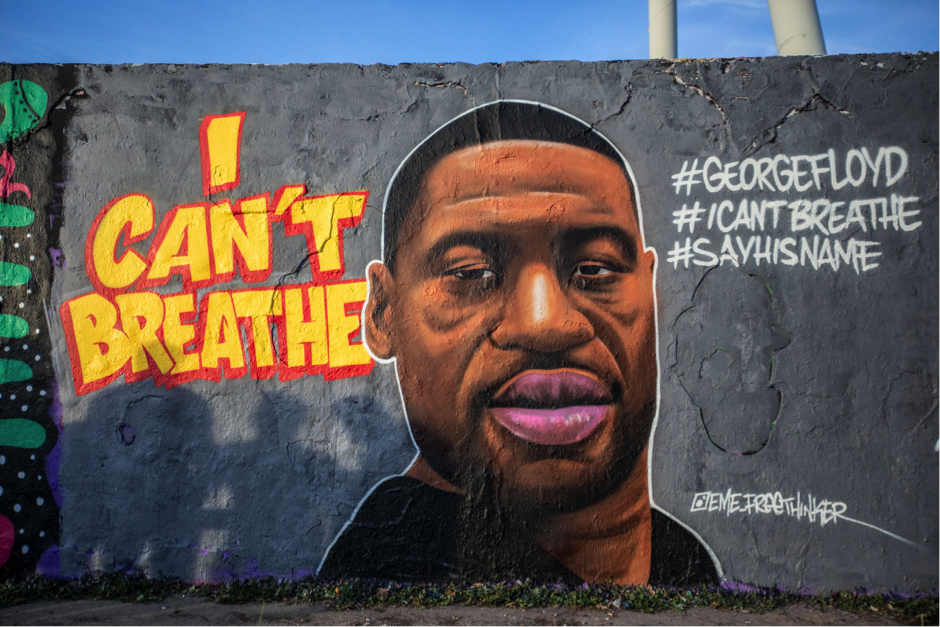
“Personally, I really felt like I couldn’t keep quiet on the subject of racism and protests that are happening at the moment, but as a business owner I’m also aware that businesses and brands need to think before jumping into socially charged debates. Most recently, L’Oreal is a key reminder of why showing solidarity MUST be meaningful and not to jump on a band wagon.
L’Oreal famously dropped Munroe Bergdorf from a campaign in 2017 for speaking out about racism but then went with the message of ‘Speaking out is worth it’ in apparent support of #blacklivesmatter. L’Oreal did not stand up for black rights in 2017, so why now? Similarly, fashion brand ‘In The Style’ has faced backlash after been accused of profiting from the death of George Floyd by promoting a new t-shirt. The company has since removed the t-shirt from its line.
Deadra Rahaman, founder and president of Society Redefined and contributor to Nielsen’s Intelligence Series 2019, says that “while the recent senseless murder of George Floyd has tipped the cup of tolerance there are brands speaking out that have never taken the leap into social justice before.” Whilst it is a positive that brands, especially brands with big voices, are now publicly condemning racism and highlighting #blacklivesmatter – they must go further.
As for In The Bag PR, we did not casually include our post on Tuesday afternoon as part of our social media schedule. It is important to highlight that there is serious work to be done when it comes to tackling racism and everyone has a part to play. My involvement is very personal.
I am fortunate in that my parents have provided me with guidance to navigate through a very unfair world. We have strong views on race, gender, sexuality and equal rights and crucially, strive to be overtly anti-racist. My family has experienced racism.
I was born in Birmingham to an Iranian father and British mother. My parents met at Dudley college in the 70’s. My father came to the UK to study and then went onto university in Bradford and my mother in Leeds. When my father arrived in Dudley – he, like many others, was subject to racism, verbal and physical. My mother was determined to oppose racism and challenge any racist behaviour she encountered. I grew up in Birmingham where my circle of friends was black, Asian and white. When we moved to Weymouth on the south coast of England, I was thrown into a small primary school where my half Iranian, half British face was the ‘brownest’ in the school. Coupled with my name ‘Kermani’ – I was soon on the receiving end of racism.
Secondary school was worse in this respect – for me it was name calling, ‘P*ki’ to be precise. I also noticed that it was common to refer to the local corner store as the ‘P*ki shop’ without thought or consequence. I found this unbelievable and unacceptable. Over time, people stopped using these terms in my presence and I became known as the ‘stuck up’ one that was easily offended. What struck me most at that time was that in the event of disagreements with my fellow pupils, racist terms would be used to cause the greatest offence. Unpleasant as this was, I have never feared for my life because of racism, or worried that I would not get a job because of the colour of my skin. However, the casual and cruel use of these terms to differentiate me from them, has stuck with me. Consequently, it engendered a ferocious drive to stand up to racism.
I have continued to actively fight racism wherever possible, from publicly challenging racist language and behaviour, to writing to my local MP over incidents of racism in my town and attending local anti-racist groups. As with most of us, I have inevitably surrounded myself with likeminded people yet still on occasion a friend will give me the ‘rolling eye’ look of ‘here she goes again’. Tiresome as I might be, I cannot be complicit in the face of racism and worry that a challenge will cause discomfort or offence. I am mindful that as Martin Luther King said, “In the end, we will remember not the words of our enemies, but the silence of our friends”.
I cannot imagine how it is to live in fear of your life because of the colour of your skin. I recall the shocking footage of Rodney King being violently beaten back in 1991. An unarmed man being attacked by the LAPD – simply because he was black. I will never forget Stephen Lawrence’s name. His case highlighting the injustices of institutional racism here in the UK. Camera phones have had a dramatic impact on the visibility of these racist attacks, and we are more aware of them now. As a result, we can all share, and we can all condemn. Social media not only provides a platform to be heard, but also a place to listen and learn.
There is confusion, conflict and discomfort about white privilege, but we can learn and work towards change. I think the most important thing now is to be active. Call out racism when you see it, write to your local MPs and demand change, teach your children about the world in which they live and acknowledge the negative impact of institutional racism.
As a business, we will strive to be active in our approach to racism that does not begin and end with a social media post. Anti-racism will determine our practice long after this topic is no longer top of the newsfeed.
I will end this with these poignant words from Martin Luther King; “The ultimate measure of a man is not where he stands in moments of comfort and convenience, but where he stands at times of challenge and controversy”.”
Recommended resources:
Books
Why I am no longer talking to white people about race Reni Eddo-Lodge
Slay in your lane Yomi Adegoke and Elizabeth Uviebinené
The Good Immigrant Nikesh Shukla
Natives: Race and class in the ruins of empire Akala
For Children
Little Leaders, Bold women in Black history Vashti Harrison
Happy in our skin Fran Manushkin
TV & Film
When They See Us
Ava DuVernay
Netflix
13th
Ava DuVernay
Netflix
Dear White People
Justin Simien
Netflix
Recommended figures to follow on social media:
Bree Newsome
Bree Newsome is a Black female artist who made headlines in 2015 when she lowered the Confederate flag outside the South Carolina capitol building. Her tweets about structural racism and white power structures are educational, wise, accessible and resourceful.
@BreeNewsome
Rachel Elizabeth Cargle
Rachel Cargle is a public academic, writer, and lecturer. Her activism and academic work are rooted in providing intellectual discourse, tools, and resources that explore the intersection of race and womanhood.
@rachelcargle
No White Saviours
Advocacy campaign led by a majority female, African team of professionals based in Kampala, Uganda. Their collective experience in the development & aid sectors has led to a deep commitment to seeing things change in a more equitable & anti-racist direction.
@nowhitesaviours
The Conscious Kid
Parenting & Education through a critical race lens
@theconciouskid
Kids of Colour
Exploring race, identity and culture and challenging the everyday, institutionalised racism that shapes their lives
@kidsofcolourhq
Aja Barber
Aja Barber is a writer, personal stylist and style consultant living in South East London. Her work focuses on sustainability, ethics, intersectional feminism, racism and all the ways systems of power effect our buying habits.
@ajabarber
Stand For Humanity
Spoken word artist/poet
Race work
@standforhumanity
Nova Reid
Activist. Anti-Racism. Writer
@novareidofficial
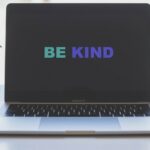

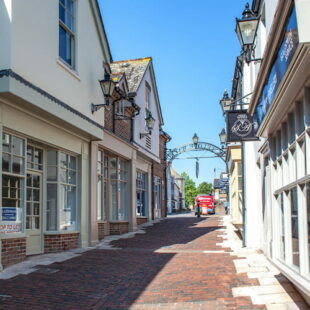
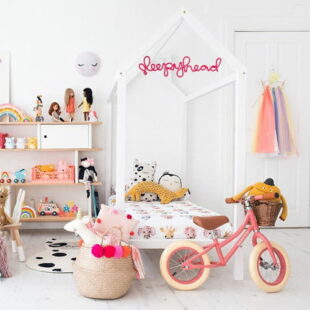
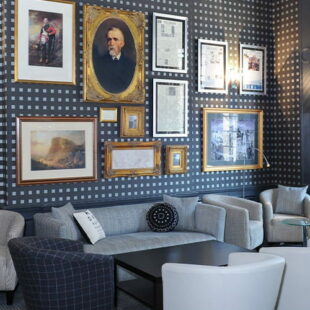
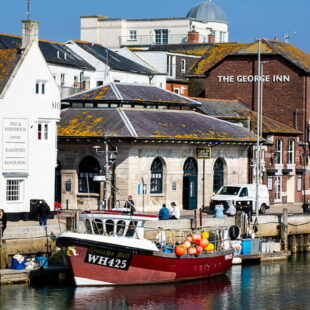
Leave a comment
You must be logged in to post a comment.